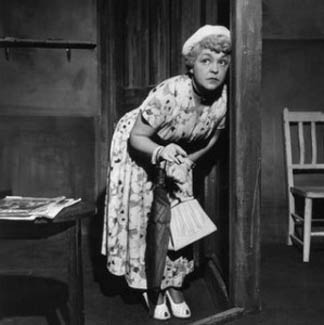 The previous post on respecting children’s preferences and self-knowledge, has stirred up a vigorous discussion amongst some virtual locals and myself. We have been going back and forth a bit on just where the line lies between regulating children too much and giving them too much choice. A couple of things became very clear.
The previous post on respecting children’s preferences and self-knowledge, has stirred up a vigorous discussion amongst some virtual locals and myself. We have been going back and forth a bit on just where the line lies between regulating children too much and giving them too much choice. A couple of things became very clear.
First, I think we reached some agreement that the closer one gets to any particular issue, the more individualistic and unique the methods of handling it become. That is, no two families, or set of family members are alike, and rather than general theorems that broadly apply, each family has to account for each of its members and generate their own solutions based on the general ideas that seem most appropriate. We may have a similar agenda in parenting (to raise emotionally intelligent, self-assured children into adulthood with grace and love), and have many of the same overarching notions about children and parenting (“attachment parenting”, “natural parenting”, “unconditional parenting” etc.), but the details of where each family finds balance are non-transferable, and may as well be a foreign language to any other family.
We won’t agree. And probably shouldn’t. But we can make room for one another to share what we’ve learned and borrow what works for our own. Like a virtual village library solely devoted to parenthood-ness.
The second thing on which I think we found some common ground was the importance of relationship. Though how we foster it, again, is unique, the theme of the power of deep bonding and relationship-nurturing was unanimous. Each of us seemed to have a slightly different take on which parental choices might put undue stress on the parent-child relationship and when, but we each agreed that it is the relationship that powers the interactions we have with our kids, and powers the choices that we make in how to parent our children through and in honour of that sacred bond.
How we behave with respect to the relationships we share with our children won’t, and needn’t be, identical. Even in the same home, each child has a different way of relating to each parent, even when both parents act with the same intentions. A+B=C for us, and A+D=C for you — the equations are both still in honour of C, in this case, a good strong, well maintained parent-child bond.
I considered pasting the entire discussion-via-post-comments here, but decided in the end to just send you back so you can see the whole thing in context. Enjoy! Once you’re there, just scroll down to get to the comments. And feel free to join the discussion if you like.
*
And be well — how-ever you want to.

